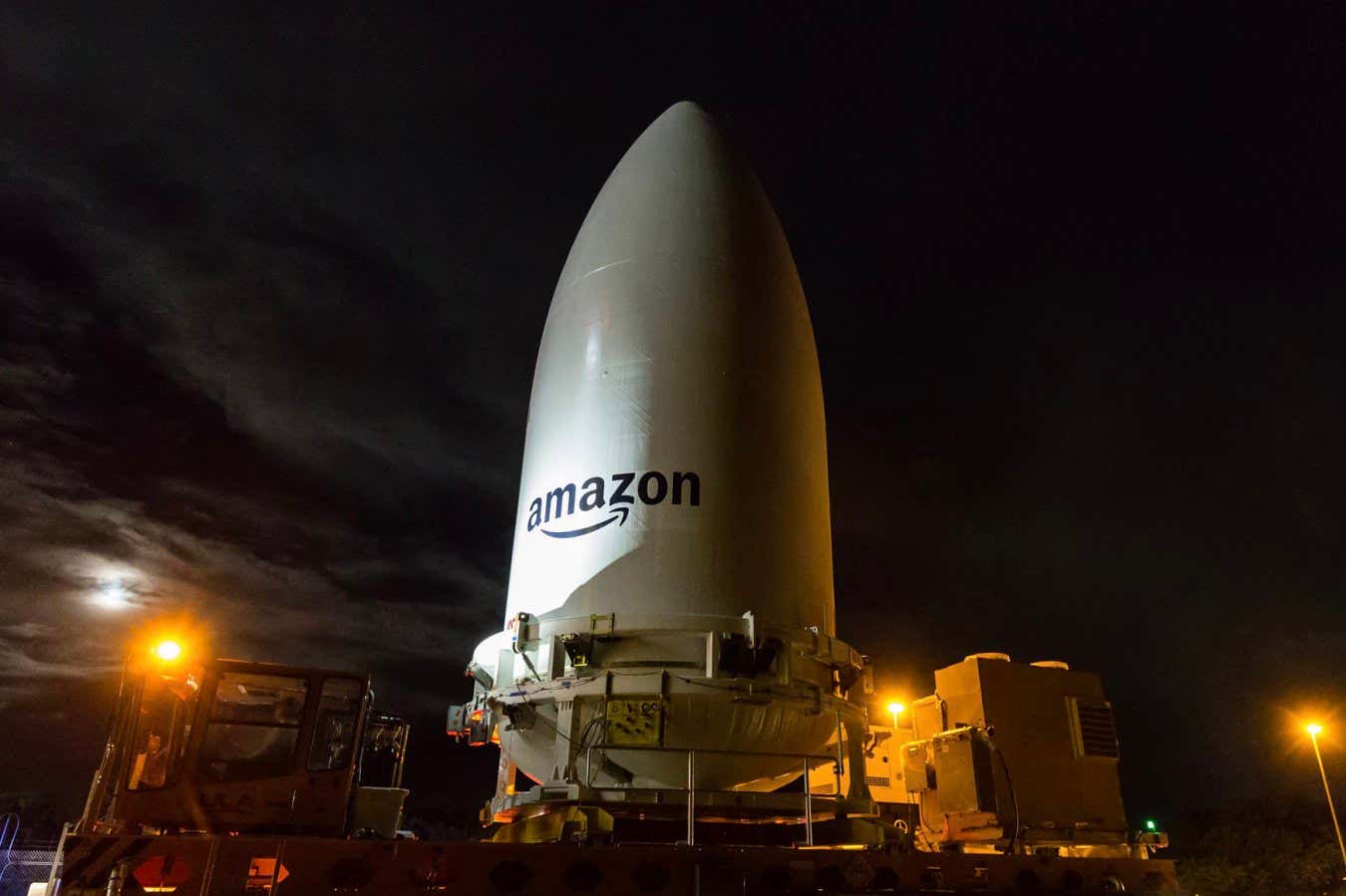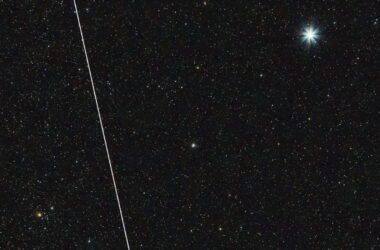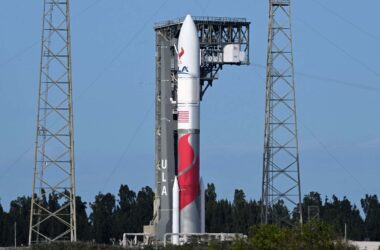Amazon is preparing to launch its first-ever satellites on October 6th as part of its Project Kuiper, an initiative to provide space-based internet service that will compete with SpaceX’s Starlink.
The initial launch will include two satellites, KuiperSat-1 and KuiperSat-2, which will be sent into a 500-kilometre orbit above Earth’s surface. These satellites will test key components of the Kuiper mega constellation, which is planned to consist of 3,200 satellites.
Tim Farrar, a satellite communications consultant in the UK, emphasizes the importance of testing these satellites before launching the rest of the constellation. He sees this as a significant step forward.
The main objective of Project Kuiper satellites is to provide internet access to remote and secluded locations where connectivity is currently limited. Several companies, including SpaceX and OneWeb, have been striving to develop space-based internet in recent years. Amazon is joining the race later than its competitors and faces significant challenges in catching up.
Amazon has committed $10 billion to the development of Kuiper. The company secured all the spare launch capacity on non-SpaceX rockets, but the progress of some of these rockets, such as ULA’s Vulcan Centaur, has been delayed. Amazon’s decision to utilize the larger Atlas V rocket for the initial launch is mainly due to the unavailability of smaller rockets that could handle the estimated mass of the satellites.
Amazon plans to start production of its full Kuiper satellites later this year and launch them in the first half of next year. The company aims to offer internet speeds of up to 1 gigabit per second, comparable to fiber-optic broadband.
During the prototype satellite launch, tests will be conducted to assess how users on the ground can connect to Kuiper. Additionally, one of the satellites will experiment with methods to reduce satellite brightness in the night sky to avoid interfering with astronomical observations.
Chris Johnson, a space law adviser at the Secure World Foundation, acknowledges the need for regulations to address the impact of mega constellations on astronomy and the management of a large number of satellites to prevent collisions.








